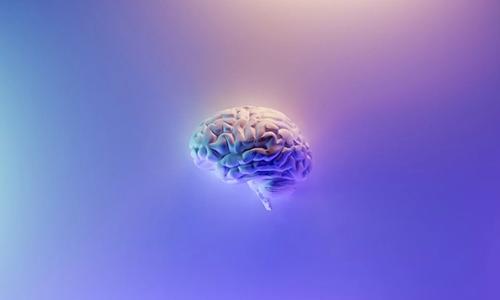
Concussion Rehabilitation
What is a concussion
A concussion is a type of traumatic brain injury (TBI) that can impact how your brain functions. An injury to the head resulting from a fall, car accident or sports injury can result in a rapid acceleration and deceleration of the brain. As a result, individuals may experience a variety of symptoms related to physical pain, cognitive symptoms and mood changes.
Common symptoms of a concussion
- Forgetfulness
- Headaches
- Nausea
- Noise and/or light sensitivity
- Fatigue
- Low activity tolerance/low energy levels
- Low mood, feeling down
- Difficulty with concentration
- Dizziness
- Sleep disturbance
- Feeling frustrated or easily irritated
- Difficulty finding the right words
- Double vision
- Feeling restless
The role of occupational therapy and concussion recovery
Occupational therapists help clients who have had a concussion manage their symptoms, return to their daily activities and work. Our team of therapists can help clients manage physical pain symptoms, cognitive and psychosocial symptoms from their concussion. They also routinely collaborate with other professionals, such as physiotherapy, counseling and speech language pathologists to assist with providing collaborative and holistic care.
How do occupational therapists treat concussion symptoms?
Our occupational therapists will start with an in depth assessment to understand the client’s injuries, symptoms and affected activities. They will then work with the client to create collaborative goals geared towards returning to their daily activities, including personal care, sports, leisure, school or work. Below are just a few examples of approaches that Occupational therapists may take when treating a client.
Cognitive rehabilitation: Your occupational therapist can help provide you with strategies to improve memory, attention and organization. They may use external strategies (planners, timers, apps) or internal strategies (i.e. imagery, repetition etc.).
Activity planning: OT’s help clients schedule and adjust their daily routines and activities to assist with managing their symptoms and preventing flare ups. Our OT’s may assist with obtaining workplace accommodations, making environmental modifications and providing solutions to minimize sensory symptoms.
Psychosocial symptoms: Clients can feel low mood, increased fatigue and difficulty with participating in social activities following their concussion. Occupational therapists clients develop coping strategies and techniques to manage their mood.
Manage sensory symptoms: Our therapists are able to provide behavioural management techniques and equipment recommendations to manage sensory symptoms such as noise and light sensitivity.
Return to work and return to school planning: Returning to school or work can be complex after a concussion. Clients may face difficulty with managing noisy and busy environments, meeting deadlines, interacting with others and managing long work days following a concussion. Occupational therapists assist with advocating for suitable accommodations for clients to ensure a smooth transition back to work or school.
Contact us today if you are experiencing difficulties recovering from a concussion.